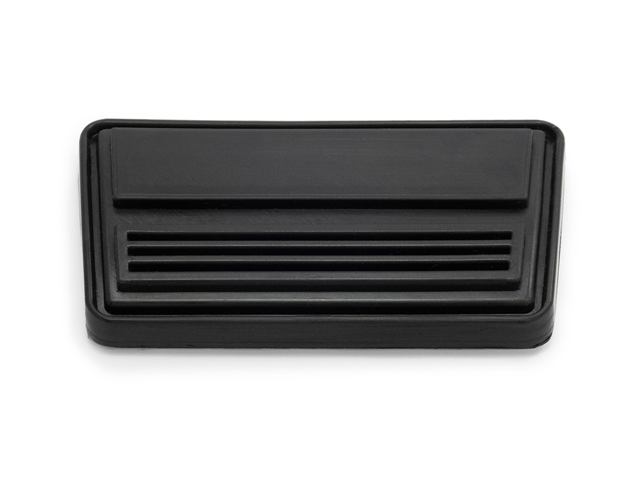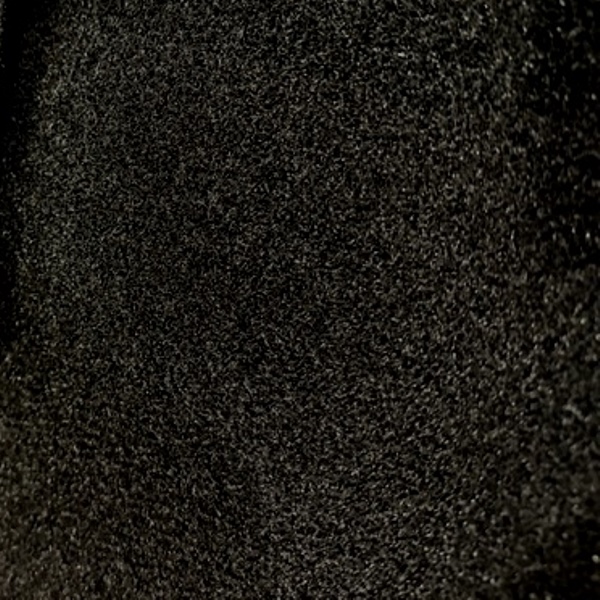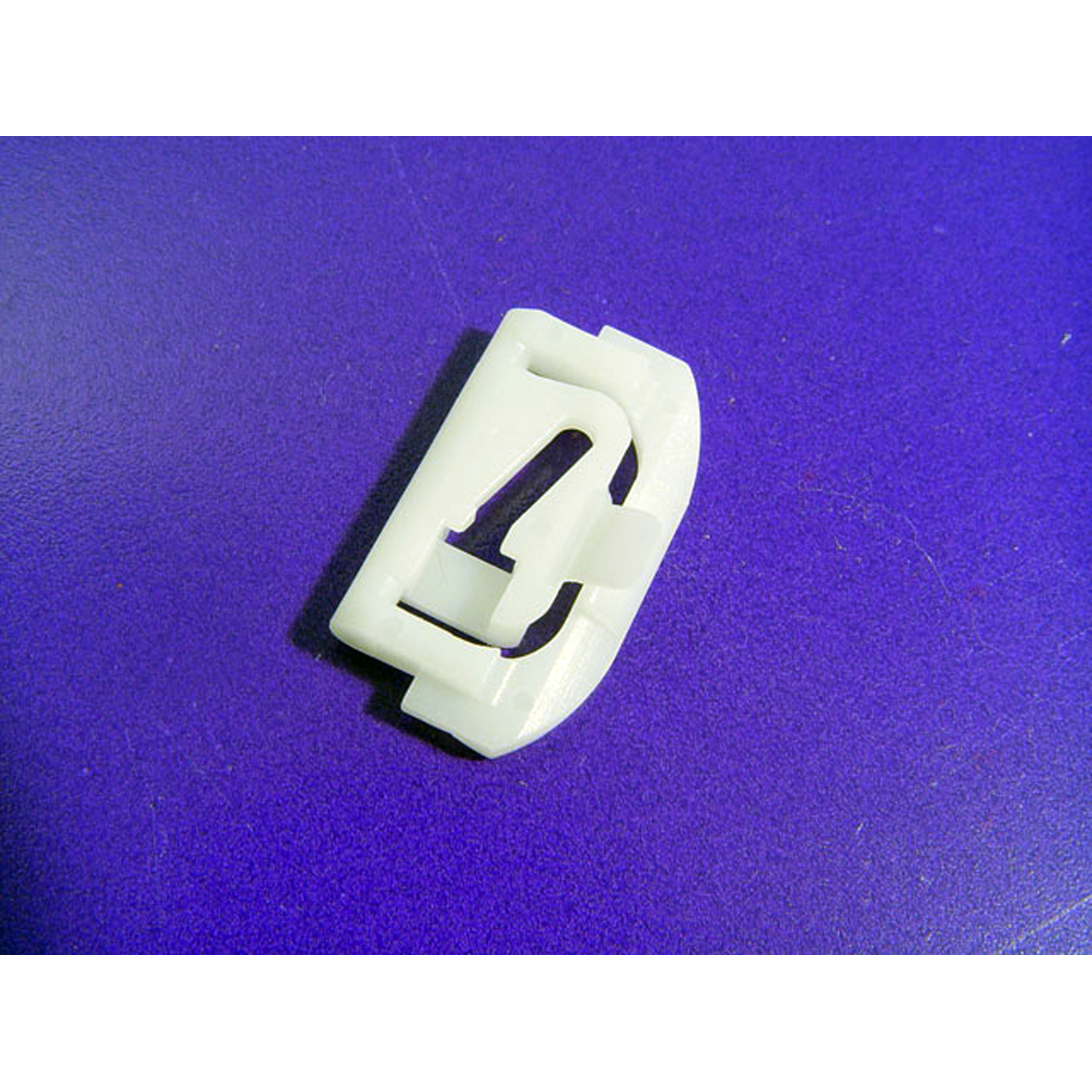Image of 1984 Pontiac J2000 Sunbird, Note: These illustrations use artistic license and may differ from actual historical models.
Performance Metrics
Fundamental Metrics
Emotional Appeal
MMP Rating
| Engine Specifications | |
|---|---|
| Engine Options: | 1.8L 4-cylinder, 2.0L 4-cylinder |
| Displacement Range: | 1.8L-2.0L |
| Horsepower Range: | 84-88 hp |
| Torque: | 101-114 lb-ft |
| Compression Ratio: | 8.5:1 |
| Ignition System: | Electronic ignition (Transistorized) |
| Cooling System: | Liquid cooled |
| Performance Specifications | |
| 0-60 Time: | 11-13 seconds |
| 1/4 Mile Time: | 18 seconds |
| Top Speed: | 100 mph |
| Transmission and Drive | |
| Drive Type: | FWD (Front Wheel Drive) |
| Transmission Type: | 4-speed manual, 3-speed automatic |
| Fuel and Efficiency | |
| Fuel System Type: | Carburetor |
| MPG: | 24-28 mpg |
| Dimensions and Brakes | |
| Brakes: | Front disc, rear drum |
| Wheelbase: | 97.3 inches |
| Weight: | 2,400 lbs |
Note: Specifications for classic cars are given to the best of our ability, considering the limited and variant data available.
Introduction
The 1984 Pontiac J2000 Sunbird stands as a testament to an era where practicality and affordability were key to capturing the hearts of the American driving public. Born from the stables of General Motors, this compact car was Pontiac's answer to the fuel crises of the 1970s and early 80s, offering a blend of economy and style. As a member of the J-car family, which included siblings like the Chevrolet Cavalier and Cadillac Cimarron, the J2000 Sunbird showcased GM's commitment to platform sharing. A notable moment in its history is its evolution from the J2000 moniker in 1982 to simply being known as the Sunbird from 1985 onwards, marking it as a pivotal model in Pontiac's compact car lineage.
Design and Innovation
The exterior styling of the 1984 Pontiac J2000 Sunbird was a harmonious blend of angular lines and subtle curves that echoed the design language of the early '80s. Its rectangular headlamps and chrome-accented grille were trademarks of its era. Inside, occupants were greeted with a straightforward dashboard layout and controls within easy reach. Materials ranged from durable plastics to plush velours, depending on trim levels. For its time, it featured advancements such as optional electronic fuel injection—a leap forward in efficiency. Color options varied from vibrant reds to understated silvers, with white being a popular choice for its clean, classic appeal. The Sunbird was available in several body styles including sedan, coupe, wagon, and convertible, with the latter often celebrated for its open-air driving experience.
Historical Significance
The J2000 Sunbird's impact lay in its role as an accessible compact car during a period when consumers were increasingly conscious of fuel efficiency. It set itself apart with its sporty demeanor wrapped in an economical package. The Sunbird line would go on to influence future generations of Pontiac compacts, embedding itself as a solid performer within GM's broader portfolio.
Performance and Handling
Underneath the hood, the 1984 J2000 Sunbird was modest yet capable. While top speed and acceleration figures were not groundbreaking—with 0-60 mph times hovering around the 10-second mark—it provided sufficient pep for daily commutes. Handling was characterized by predictable front-wheel-drive dynamics, absorbing road imperfections adequately while remaining composed on windy roads. The driving experience was quintessentially '80s: from the hum of its inline-four engine to the direct steering feedback that connected driver to road.
Ownership Experience
The J2000 Sunbird found its niche as a daily driver due to its reliability and ease of maintenance. Parts were readily available and affordable, making it a favorite among DIY enthusiasts. While not typically seen as a show car or racing vehicle, it earned respect for its durability and cost-effectiveness.
Fun Facts
This unassuming compact car may not boast celebrity ownerships or speed records but holds charm in its ubiquity during the '80s automotive landscape. It did face criticism for being somewhat derivative in design and performance but countered with undeniable consumer value.
Collector's Information
Today, finding a 1984 Pontiac J2000 Sunbird in pristine condition can be quite rare. Production numbers were substantial given its mass-market appeal; however, many have succumbed to time and wear. Values can range significantly based on condition, with well-maintained examples fetching higher prices—potentially ranging from $1,500 for models in fair condition up to $5,000 or more for showroom-quality specimens. As an emblem of '80s automotive culture, it has begun to appreciate modestly among nostalgic collectors.
Conclusion
The 1984 Pontiac J2000 Sunbird may not have rewritten the rulebook for compact cars but it served as a reliable companion during a transformative period in automotive history. Its legacy is one of practicality and resilience—a true reflection of Pontiac's dedication to providing value-driven transportation solutions.
1984 Pontiac J2000 Sunbird Catalog of Parts
 1984 Pontiac J2000 Sunbird Automatic brake pedal pad fits '78-88 GM A, Spec A, G Body-CB 101-DCB 101-D replaces the automatic brake pedal pad on many 1978-1988 General Motors A, Spec A and G body models. Also fits many 1982-1991 GM J, L, N and P body models. 4-1/2" wide X 2-1/2" long. Each
1984 Pontiac J2000 Sunbird Automatic brake pedal pad fits '78-88 GM A, Spec A, G Body-CB 101-DCB 101-D replaces the automatic brake pedal pad on many 1978-1988 General Motors A, Spec A and G body models. Also fits many 1982-1991 GM J, L, N and P body models. 4-1/2" wide X 2-1/2" long. Each 1984 Pontiac J2000 Sunbird Trunk Liner. Loose weave, jet black. 50" wide-M 30Trunk Liner. Loose weave, jet black. 50" wide. Sold by the foot
1984 Pontiac J2000 Sunbird Trunk Liner. Loose weave, jet black. 50" wide-M 30Trunk Liner. Loose weave, jet black. 50" wide. Sold by the foot 1984 Pontiac J2000 Sunbird Lower Side Window Reveal Molding Clip. Made of nylon-WF 214Lower Side Window Reveal Molding Clip. Made of nylon. 1-1/4" x 3/4". Each
1984 Pontiac J2000 Sunbird Lower Side Window Reveal Molding Clip. Made of nylon-WF 214Lower Side Window Reveal Molding Clip. Made of nylon. 1-1/4" x 3/4". EachWhy Choose Metro?
For over 100 years, Metro Moulded Parts has been the pinnacle of quality in classic car restoration parts. Our commitment to precision and authenticity in every component ensures a perfect fit and an OEM-level appearance.
- Expert Craftsmanship & Quality: Each part is a testament to our dedication to reliability and perfection, crafted from original designs and thoroughly tested.
- Advanced Technology: We use cutting-edge techniques to create flawless, long-lasting parts that surpass others in performance.
- SuperSoft Sponge – The Ultimate Door Seal: Not only are our door seals 30% softer than competitors', but they're also guaranteed to never leak. They effectively reduce wind and road noise, enhancing your classic car's comfort and driving experience.
- Proudly American: Our parts are a product of American craftsmanship, made in the USA with a spirit of excellence and heritage.
- Unrivaled Warranty: We back our products with a 30-year industry-leading warranty, a testament to our confidence in their quality.
Join us in preserving the legacy of classic cars with parts that are crafted for perfection, not just made.

